History
Below is a brief characterisation of the main stages that IKED has gone through over the past 25 years, since its inception:
Following consultations with relevant bodies in Swedish and also internationally, IKED was set up in Malmö, Sweden's third city, in the fall 2001. Just a few years earlier, the newly completed Öresund Bridge had reconnected Malmö and Scania with Copenhagen, the Danish capital. From early on, key projects were initiated with the Nordic Council of Ministers, the individual Nordic governments, VINNOVA, ASEM, UNCTAD, OECD, INSME, TCI, the Baltic Forum, as well as with a range of individual other countries worldwide.
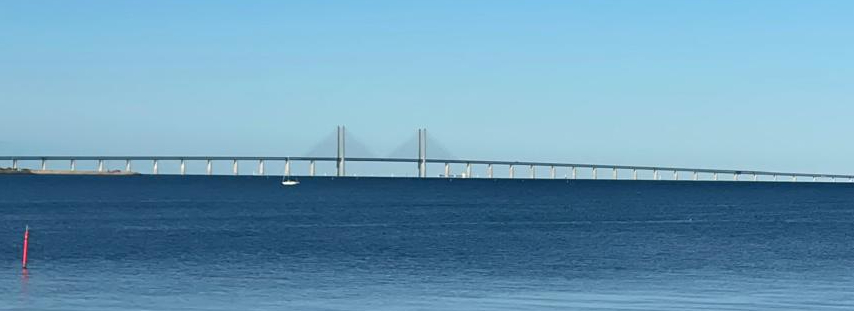
The invigoration, by the Swedish Prime Minister, Göran Persson, took place in Malmö Rådhus on March 12, 2002. Other keynote speakers included Per Unckel, Secretary General of the Nordic Council of Ministers, and Michael Treschow, President of the Confederation of Swedish Industry. Through IKED's intermediation, the Global Forum was held in Malmö 2004.
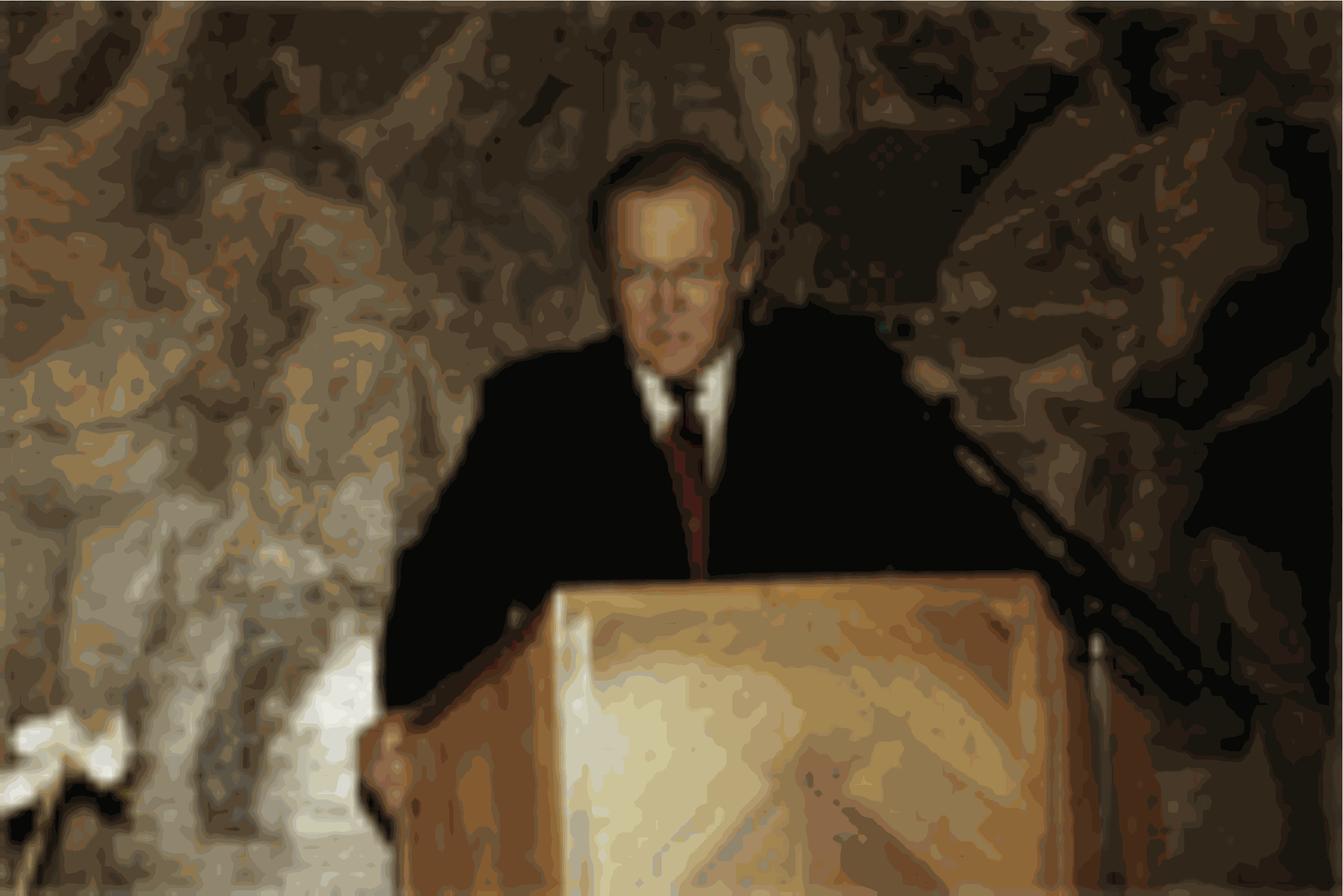
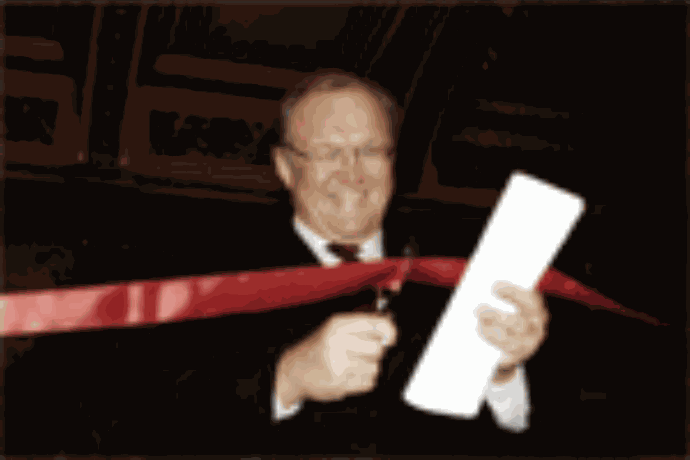
IKED initiated new projects and partnerships while positioning the organisation as a body independent of public funding and influences. A flexible model was adopted, marked by diverse funding streams emanating from an expanded partnership circle. Special efforts were devoted to developing and operationalising a novel approach to identity management and trust in digital communication.

IKED founded the Global Trust Center, moved its headquarters to Östergatan 8, Malmö. The formation of an International Council established to guide this agenda created novel international entry points and linkages. Vibrant project collaboration was expanded with the Mediterranean region, the Middle East, and the Caribbean.
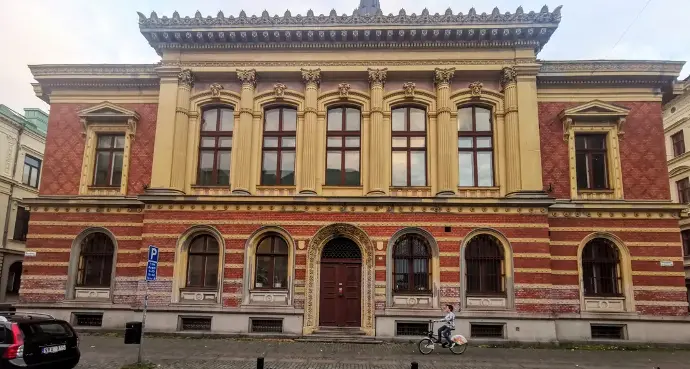
The substantive agenda evolved through deepened international relations, framing the GINI project and holding breakout sessions at the World Economic Forum (WEF) in Davos, in collaboration with OISTE and WISeKey, Geneva, January 2015 and 2016. Collaboration with IUET and Deloitte Sweden, linked to the formation of a new Swedish partner institute arrangement with WEF for the Global Competitiveness Report.

Project assignments started with several countries and regions in the wider Middle East. This included a policy review of Morocco, benchmarking of innovation policy governance in resource-based economies on behalf of Abu Dhabi, advancement of opportunities for collaboration in higher education in Bahrain, Saudi Arabia, and Pakistan, and also advice on plans for a new S&T Park and ICT institute in Oman.

Societal change and sustainable development attained increasing importance. IKED examined the implications of digitalisation and a changing job market for jobs and reskilling, on behalf of the largest Swedish union, UNIONEN. With the EU-funded SI-Drive project, the most ambitious international review of social innovation undertaken thus far, IKED covered health, education, and environment in the Nordic countries, and also in the Middle East.

With the onset of the pandemic , lock-downs halted most missions while on-line communications intensified as a critical means to advance collaborative activities. A project on competence development and networking support for women-owned SMEs, funded by Qatar Research Foundation and pursued jointly with Qatar University and TU Delft among others, had to be reoriented towards methodological work and took longer than planned to complete. Plantation and maintenance of native trees in dry regions of Oman were pursued as planned.
Water and land management projects were supported in emerging economies and developing countries. UNCTAD missions and country evaluations in Central and West Asia. Advisory position established with China's Smart Central Lab. Launched the Water & Humanity platform in 2019.

The EU-funded URBiNAT project, starting in 2018, shaped a diverse consortium of nine cities along with a range of organisations specialised in research as well as in practical design and implementation of Nature-based Solutions (NBS), in the EU as well as in parts of the world. From the start, IKED was responsible for work on digital enablers of co-creation, the Community of Practice, and also non-EU partners and observers. Later in the project, coordination of work on Nature-based Enterprises was taken over as well.
With the EUMEPLAT consortium, new data were collected on the growing phenomenon of platformisation and diverse externalities in the media-landscape.
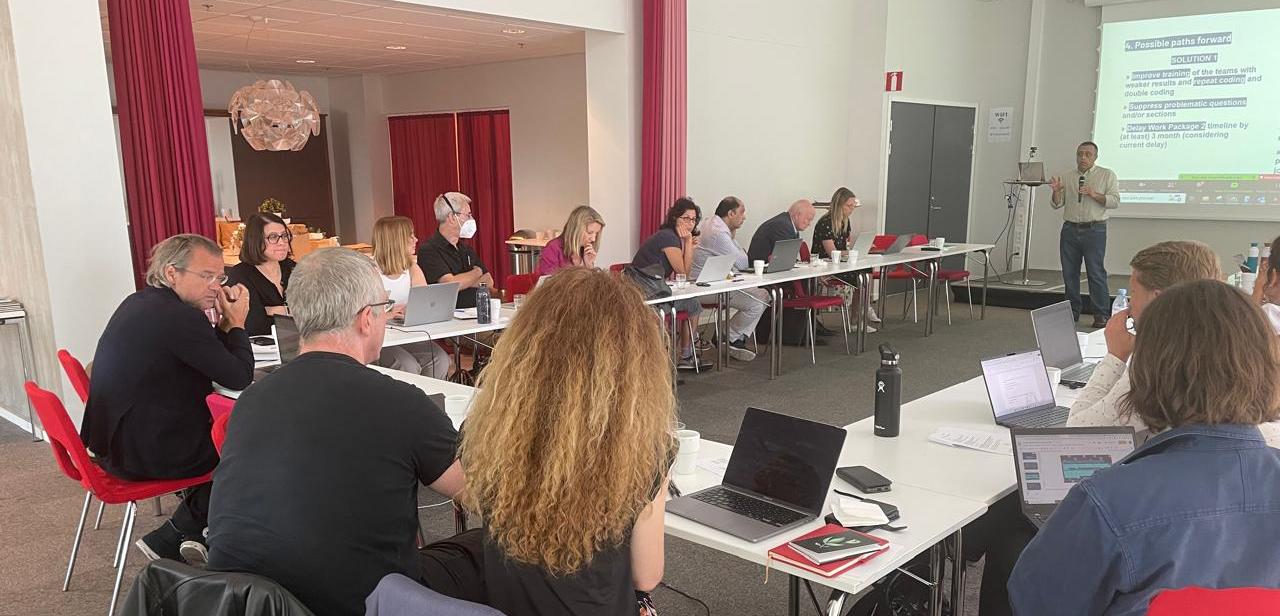
Means of facilitating and promoting women entrepreneurship were examined and advanced in a project supported by the Qatar Foundation. IKED upgraded its engagement in realising Nature-based solutions projects, with special focus on Africa and South Asia. This agenda featured new lessons in stakeholder engagement and upgraded expertise in operationalisation.
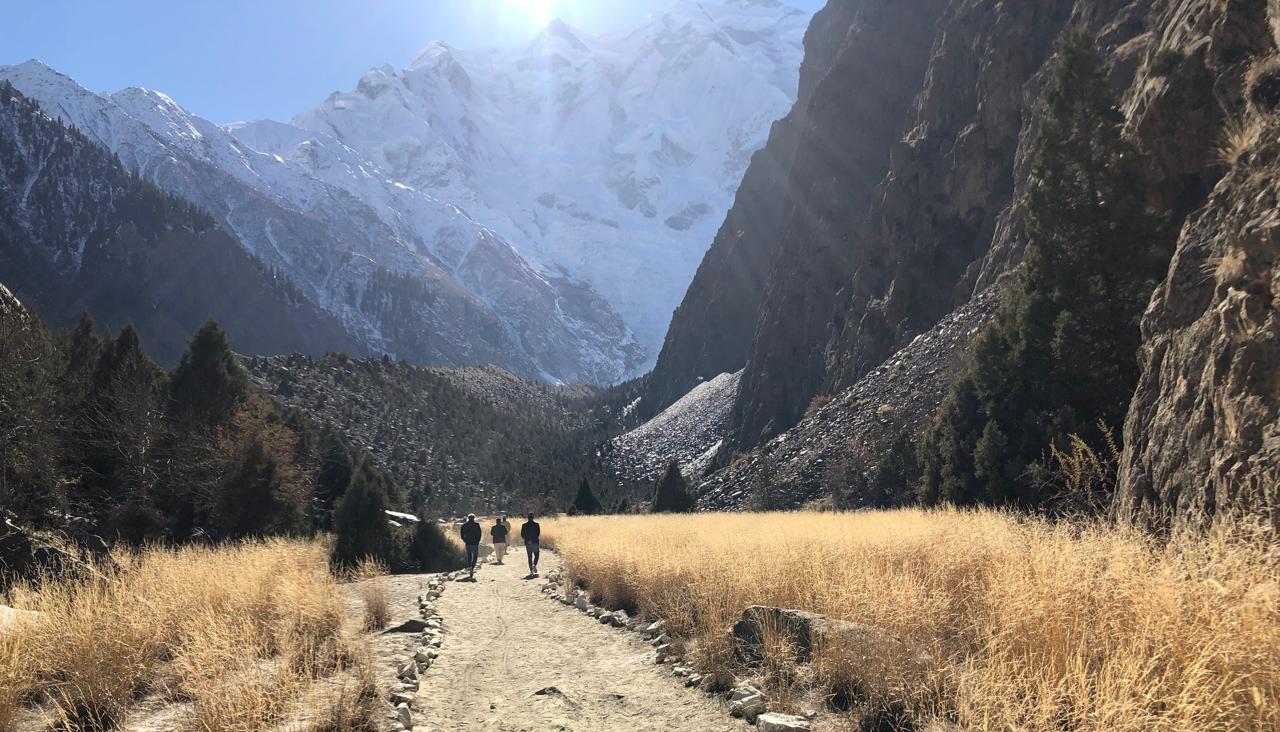
URBiNAT pioneered a novel approach to combining NBS in Healthy Corridors, adopting a holistic approach and engaging citizens and stakeholders with the ambition to over overriding challenges in the urban environment, associated with polarisation and exclusion of vulnerable groups. In parallel, novel work was pursued, with IKED as WP-leader, to remove obstacles and facilitate conditions for green entrepreneurship and Nature-based Organisations.

A strengthened partnership was established with the Global Forum, including the hosting of its first event outside the OECD, at W-Hotel in Muscat, Oman, October 2022, coupled with side-events addressing the circular economy, mangroves, an entrepreneurship competition supported by the US-EU business forum, and the development of the AI Ethics Guidelines.
For COP28 in Sharm-El Sheikh, Egypt, IKED was mandated to represent the EU Horizon NBS research and innovation agendas, comprising some 50 substantive projects, each with several cities engaging in concrete project implementation. IKED arranged and hosted two specific panels drawing on this experience, one on sustainability finance and one on co-creation. In Davos, back-to-back with the World Economic Forum on January 18, 2023, IKED coordinated the side-event "Revamping Green Investment". Other activities during this period included participation with a presentation at Building Bridges in Geneva, with the hosting of a table in the "village", as well as moderator or speaker contributions to events organised by UNECE, UN Habitat, IUCN, UNEP, individual countries and organisations.